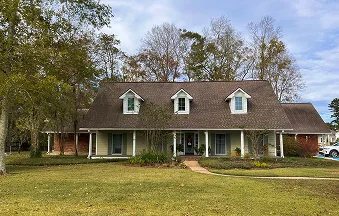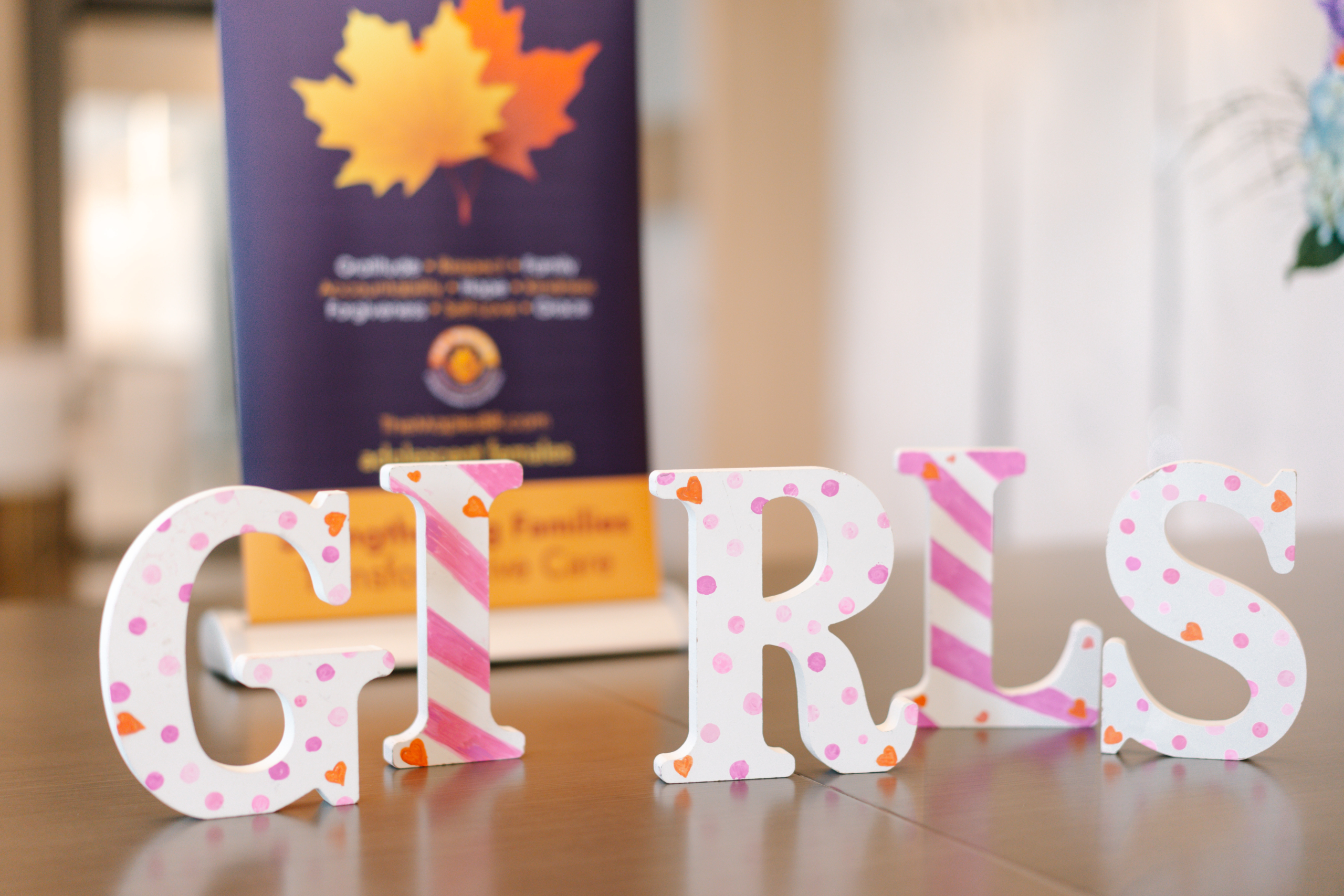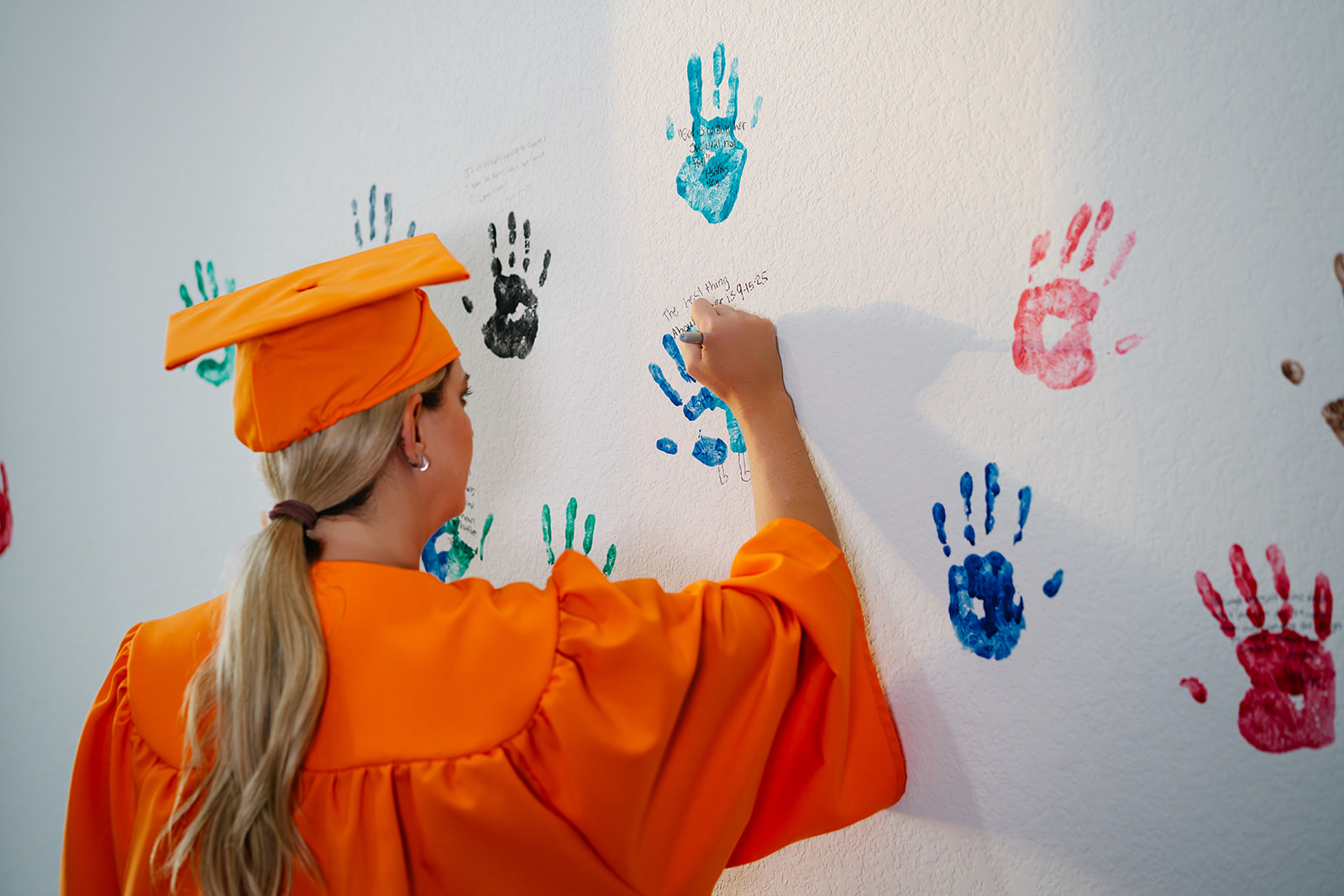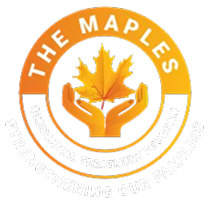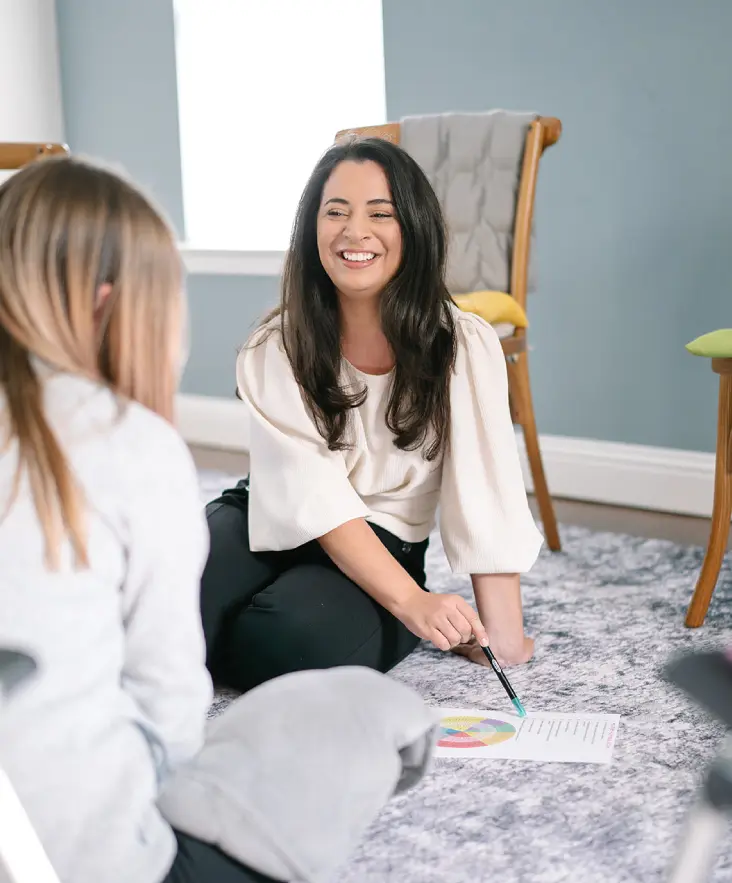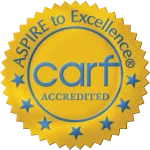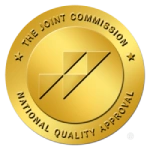Strengthening Families. We are here for you and your family through every step of the way.
The Maples
 N/a
N/a
The Maples
Beacon drives a nationwide network of physician-led psychiatric practices, empowering growth, and innovation in behavioral healthcare. Together, we create a future where patient care comes first—without barriers.




